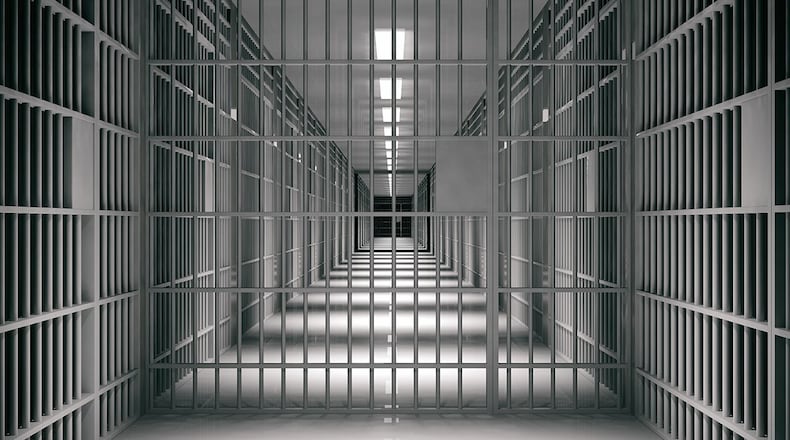Sick inmates quarantined, many going without care. Grossly understaffed prisons. Unprecedented levels of homicides and suicides. Radio silence from state prison officials.
The situation in Georgia’s correctional facilities has devolved into a humanitarian crisis, says the Southern Center for Human Rights, which outlined the concerns in a letter last week to the U.S. Department of Justice requesting immediate federal intervention.
Sarah Geraghty, lawyer for the Southern Center, said she’s never seen a more dire situation in her two decades on the front lines of the prison reform movement.
“We now have at least four prisons where the (Department of Corrections) isn’t offering basic human necessities,” Geraghty said.
The Southern Center’s letter to the DOJ’s Civil Rights Division singled out Ware State, Macon State and Georgia State prisons.
“Riots have erupted at multiple Georgia prisons since the onset of the COVID-19 pandemic,” the letter states. “In the last three months, there have been large-scale riots at Ware State Prison and Macon State Prison. The disturbances were precipitated by gross understaffing caused in part by COVID-19.”
Geraghty told The Atlanta Journal-Constitution on Monday that federal intervention is also needed at Pulaski State Prison, which houses female offenders. Released prisoners and still-incarcerated inmates’ relatives have shared horrific accounts about Pulaski, about 50 miles south of Macon.
The Department of Corrections lists 104 positive cases of COVID-19 at Pulaski — 40 staff members, 64 inmates. But a recent study by the Centers for Disease Control and Prevention found Georgia’s refusal to conduct mass testing inside its prisons has resulted in a dramatic undercounting of infected inmates and employees.
Wendy Lestikow, who was paroled on Aug. 22 from Pulaski and remains in contact with five inmates, said more than half the prisoners are infected.
“They’re too sick to work in the kitchen or other jobs, so the staff is having to cover those jobs,” Lestikow said. “Officers are quitting left and right. The conditions are inhumane."
It’s a dramatic claim, but not an isolated one.
“We’re hearing the same things,” Geraghty said.
The DOC did not respond to a request for comment.
The Southern Center’s letter says inmates are “left locked in their cells, nearly 24/7, for weeks or months, often in reprehensible conditions.”
“Videos taken by incarcerated people and readily available online show extreme deprivations — injured prisoners covered in blood, prison dorms with no security supervision, groups of men roaming lockdown dorms armed with machetes, and cells with no running water or functioning toilets," the letter states.
Meanwhile, homicide and suicide rates have reached “unprecedented levels,” according to the Southern Center. Twenty-one people have been killed in the Georgia prison system this year, with six of the homicides occurring at Macon State Prison.
“More people people have been murdered in Georgia prisons than in any single year in the department between 2014 and 2018,” the Southern Center states. And suicides have soared; 19 inmates have killed themselves in 2020, twice the national average in state prisons.
Geraghty said the DOJ has acknowledged receipt of the letter and expects to have an update this week.
About the Author
The Latest
Featured



